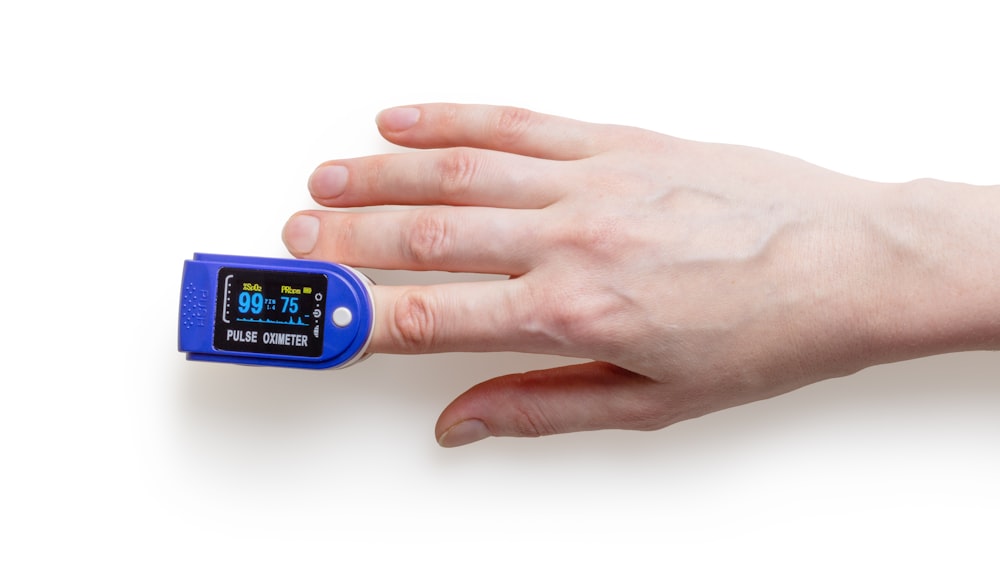
Digital health technologies bring multiple benefits: improved access to healthcare, patient convenience, provider efficiency, and enhanced patient engagement. They also hold the potential to enhance population health by identifying and addressing health trends at a population level.
Digital health technologies have diverse applications: managing chronic conditions, providing remote care, tracking vital signs, and analyzing health data for treatment decisions. Their adoption is increasing among healthcare providers and patients, with further evolution and widespread use expected in the future.
Digital Health Technology Benefits 
-
Improved access: Digital health technologies like telemedicine provide remote healthcare services, benefiting rural and underserved areas.
-
Greater convenience: Digital health technologies enable patients to schedule appointments, refill prescriptions, and access medical records, reducing in-person visits.
-
Increased efficiency: Digital health technologies automate tasks and offer real-time data, enabling healthcare providers to work effectively.
-
Enhanced patient engagement: Digital health technologies empower patients to track and manage their health, fostering better communication with healthcare providers.
- Improved population health: Digital health technologies can help to identify and address health trends and patterns at a population level, enabling public health officials and policymakers to take a more proactive approach to improve the health of their communities.
Digital Health Future Trends 
Artifical Intelligence/Machine Learning
AI/ML technologies revolutionize healthcare by analyzing vast data, identifying patterns for informed treatment decisions. For example, AI analyzes electronic health records, identifying patients at risk for conditions like diabetes or heart disease. It improves diagnostic accuracy by identifying subtle signs and symptoms often missed by humans.
Patient Engagement in Digital Health
By providing patients with tools and resources to track and manage their own health, digital health technologies can help to empower patients and enable them to take a more active role in their own care. This could involve providing patients with access to their own health data, or giving them tools to track their progress and communicate with their healthcare providers. By making it easier for patients to access and manage their own health information, digital health future technologies can help to improve the quality of care and reduce the burden on healthcare providers.
MHealth Technologies
Additionally, there is a third trend that is likely to continue is the increasing use of mobile health (mHealth) technologies. These technologies, which can include apps and other software that run on smartphones and other mobile devices, are becoming an increasingly important part of the healthcare landscape. mHealth technologies can be used to track and manage a wide range of health conditions, from chronic diseases like diabetes and heart disease to mental health conditions like anxiety and depression. Also, by enabling patients to access healthcare services and information on the go, mHealth technologies can help to improve access to care and reduce the need for in-person visits.
Conclusion
There are many potential applications for digital health technologies, including electronic health records, telemedicine, health monitoring devices, and health analytics platforms. It is likely that a growing number of healthcare providers and patients adopt these and other technologies in the coming years, especially as they continue to evolve.

Amit Khanna, 7startupFounder
Amit has two decades of experience in the industry and an MBA. He supports entrepreneurs with every aspect of their business including concept and product development, investor presentations, and fundraising. Amit & 7startup assist startups in the pre due-diligence process and help connect them to our vast network of investors. Reach out to us today and see if we’re a fit!




